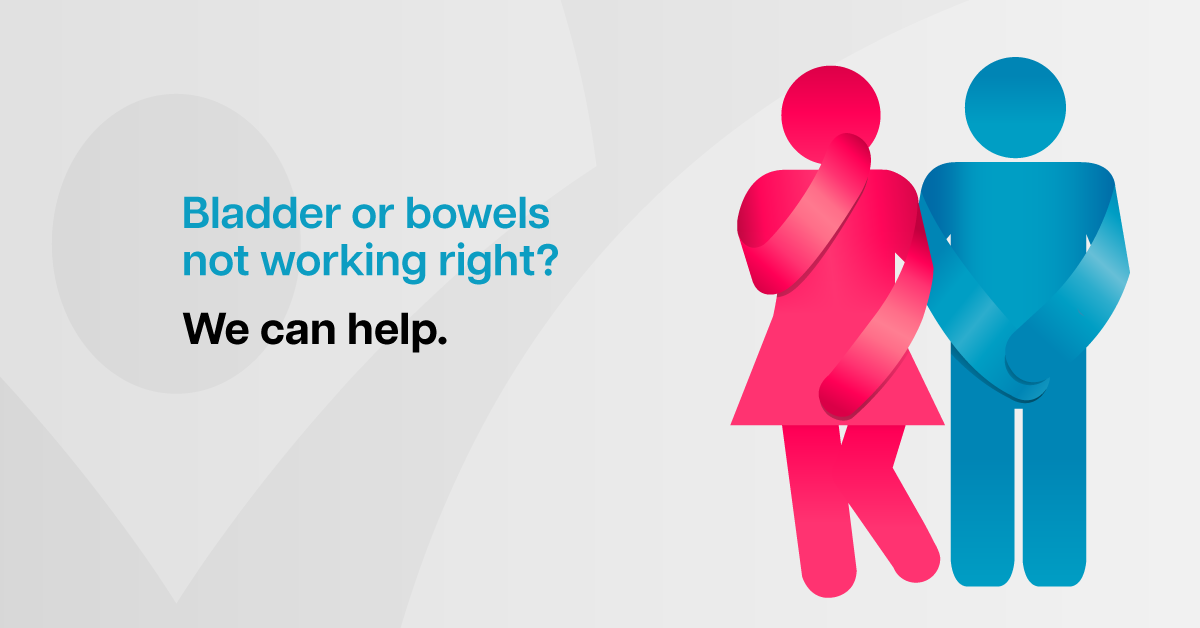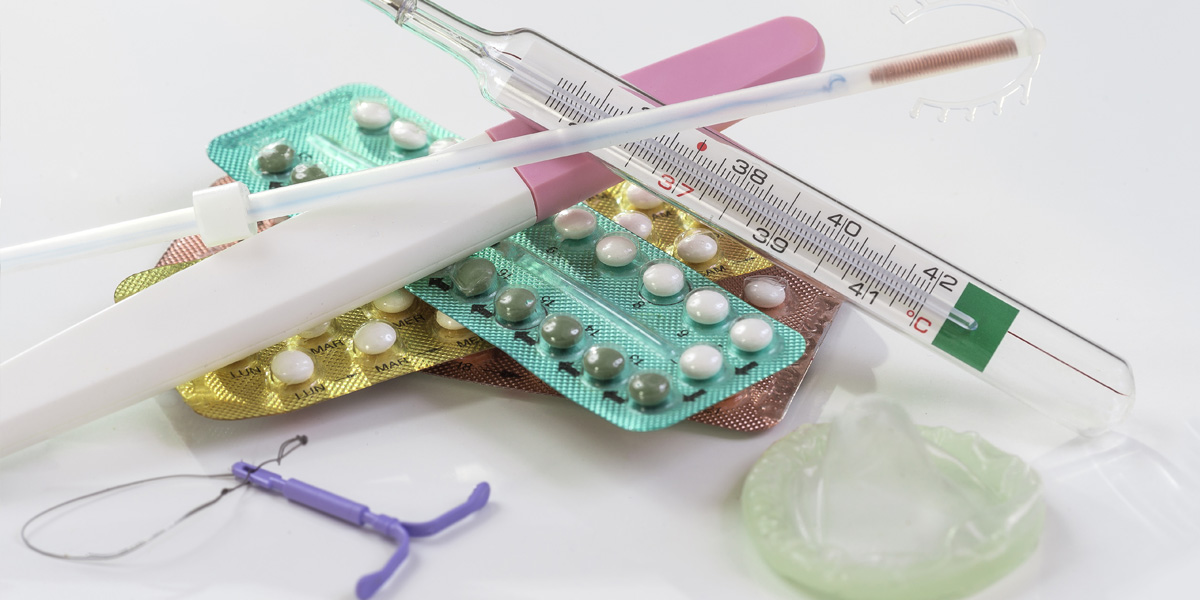More than half of all women experience pain during their periods. With 12 being the average age that periods start, and 51 being the average age periods stop with menopause, that is a lot of painful episodes.
Questions about painful periods
In talking to my patients about their painful periods, the most common questions I hear are these:
- What is causing the pain?
- What are some treatments?
- Is there reason to be concerned?
What causes painful periods?
When the uterus sheds its lining once a month during menstruation, a certain level of discomfort is normal. However, painful menstrual periods, called dysmenorrhea, can impact normal day-to-day activities for some women.
Throughout our bodies, natural chemicals called prostaglandins have hormone-like effects and help to carry out a variety of functions, including:
- Constriction or dilation of blood vessels
- Opening or closing up airways
- Contracting or relaxing the muscles in the gastrointestinal tract
- Causing uterine contractions
Prostaglandins produced in the uterus lining are responsible for contractions, whether for shedding the uterine lining each month or contractions during labor. However, when the uterus releases an excessive amount of prostaglandins in some women, that leads to excessive uterine contractions and painful cramping. Severe pain comes with other symptoms for some women, including diarrhea, nausea, vomiting, headache, and dizziness.
In addition to their many functions, prostaglandins are released at the time of injury, which causes pain. Medications like MOTRIN® (ibuprofen), Aleve® (naproxen), and Midol® help block prostaglandin production, which explains why these medications can help with pain and cramping.
Types of dysmenorrhea
- Primary dysmenorrhea – cramping and pelvic pain before and during your periods which are not due to any other disease or condition
- Secondary dysmenorrhea – cramping and pelvic pain due to a medical condition such as endometriosis
Understanding your health history is essential in diagnosing and recommending treatment options. Your doctor may conduct an abdominal exam, pelvic exam, and in some cases, a pelvic ultrasound. In cases where endometriosis is suspected, your doctor may perform a laparoscopy, a minimally-invasive surgical procedure to help with diagnosis. Other conditions contributing to secondary dysmenorrhea include pelvic inflammatory disease and uterine fibroids.
Treating dysmenorrhea
Treatment for dysmenorrhea will depend on your symptoms, age, and general health, as well as how severe the condition is.
- Anti-inflammatories – Anti-inflammatory pain medications such as MOTRIN® (ibuprofen), Aleve® (naproxen), Midol®, or Mobic (available by prescription only) can be particularly effective if started before the period begins. Do not take more than 3200 mg of ibuprofen in 24 hours.
- Magnesium oxide – Magnesium oxide works by relaxing the smooth muscle of the uterus and by reducing the prostaglandins that cause period pain. 400mg taken three times a day for the first few days of the period is helpful for many women.
- Vitamin B1 – Studies have shown that vitamin B1 can significantly reduce the severity of period cramps and how long the cramps last.
- Hormones – Progesterone-only pills, combination oral contraceptives, and hormonal intrauterine devices (IUDs) are all beneficial in decreasing prostaglandin production. With endometriosis, hormonal agents can help control pain flare-ups, and a newer medication called Elagolix temporarily lowers estrogen, slowing endometrial growth.
- Laparoscopy–In some cases, an outpatient, minimally-invasive surgical procedure provides additional information to help your doctor better understand the causes of your dysmenorrhea should you not respond to other treatments.
In addition to these treatment options, the healing impact of exercise, acupuncture, and massage cannot be overstated in their ability to alleviate pain.
Is there reason to be concerned about dysmenorrhea?
If you find that the pain associated with your periods impacts your quality of life, that is reason enough to be concerned. You do not need to accept that as ‘normal’ or “just the way it is.” Talk to your doctor if painful periods interfere with your ability to perform day-to-day activities each month. Call your doctor, also, if you experience any of the following?
- Pain after IUD placement
- Passing blood clots
- Cramping accompanied by diarrhea and nausea
- Pelvic pain when not menstruating
- Sudden cramping or pelvic pain could be signs of infection
- An untreated infection can cause scar tissue that damages the pelvic organs and may lead to infertility. Call your doctor right away if you have a fever, severe pain, or foul-smelling vaginal discharge.
Lastly, if pain is related to untreated pelvic, bowel or bladder conditions, this can be serious and should be assessed.

Submitted by R. Cady, MD
OB/GYN specialist at Welia Health
Dr. Cady sees patients in Mora and Pine City. To schedule an appointment with her, please call 320.679.1313.













